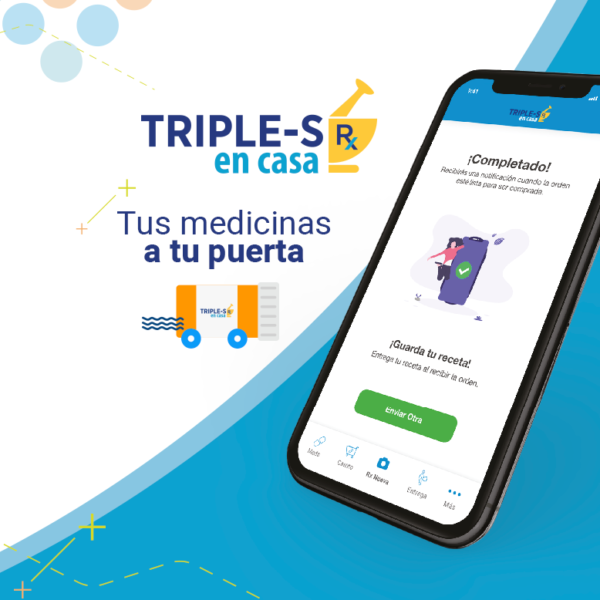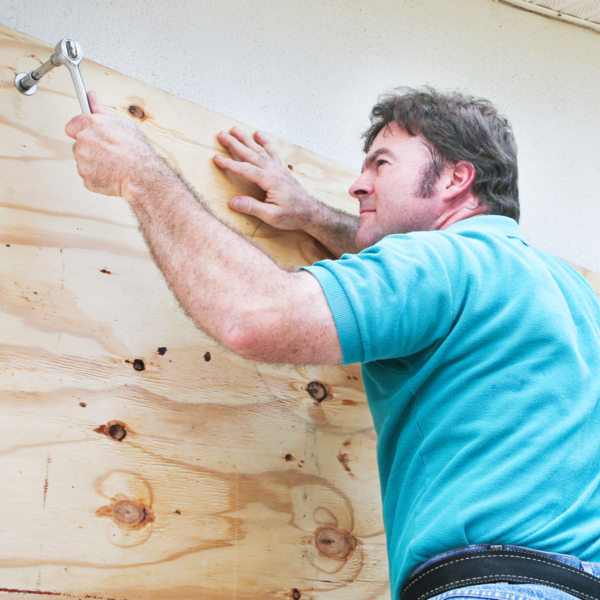The heart is a vital organ that works around the clock to pump blood and give oxygen throughout the body. As we age, the risk for cardiovascular diseases, such as high blood pressure, coronary heart disease, and cholesterol problems, raises. The prevention and early detection of heart problems is vital to keep a healthy life and prevent serious problems.
Cardiovascular health is key to our mainly well-being. Because of this, preventive care becomes a vital aspect of taking good care of our heart. One of the most often asked questions is when to visit the heart doctor for the first time, and which are the basic tests performed in that first visit.
When should you visit a heart doctor for the first time?
There is no right age that applies to all people, as risk factors differ from person to person. The American Heart Association does suggest that a first visit to the heart doctor be thought about as early as at 20 years old, though on average, the first visit happens at 45 years of age.
This first visit can help set up a baseline for heart health and check potential risk factors, even if there are no obvious symptoms. However, some factors could merit an earlier visit. Family history, a not active life, an not healthy diet, smoking, and heavy alcohol use are all reasons that can add to your heart and blood risk and may call for an earlier test. Certain health issues, such as diabetes, obesity, and high blood pressure, can also raise the risk for heart disease. If you have any of these health problems, your doctor may suggest a meeting with a heart doctor.
The heart doctor may then do these basic tests to measure your cardiovascular health and note possible heart problems. These tests give valued information that will help the heart doctor make informed choices for your preventive healthcare, possible treatment, and follow-up. The basic tests are:
- Physical exam and family medical history
- Blood pressure
- Blood test such as cholesterol and triglycerides
- Electrocardiogram (EKG) to record the heart’s electrical activity
- Heart function tests
That first visit to the heart doctor is an investment in your long-term cardiovascular health. Finding heart problems early and choosing healthy habits can make a difference in your health. Keep a regular relationship with your heart doctor as this can be key to a healthy heart for the rest of your life. Keep in mind that this information is meant for general purposes only; we suggest that you talk about your specific needs with your doctor.










